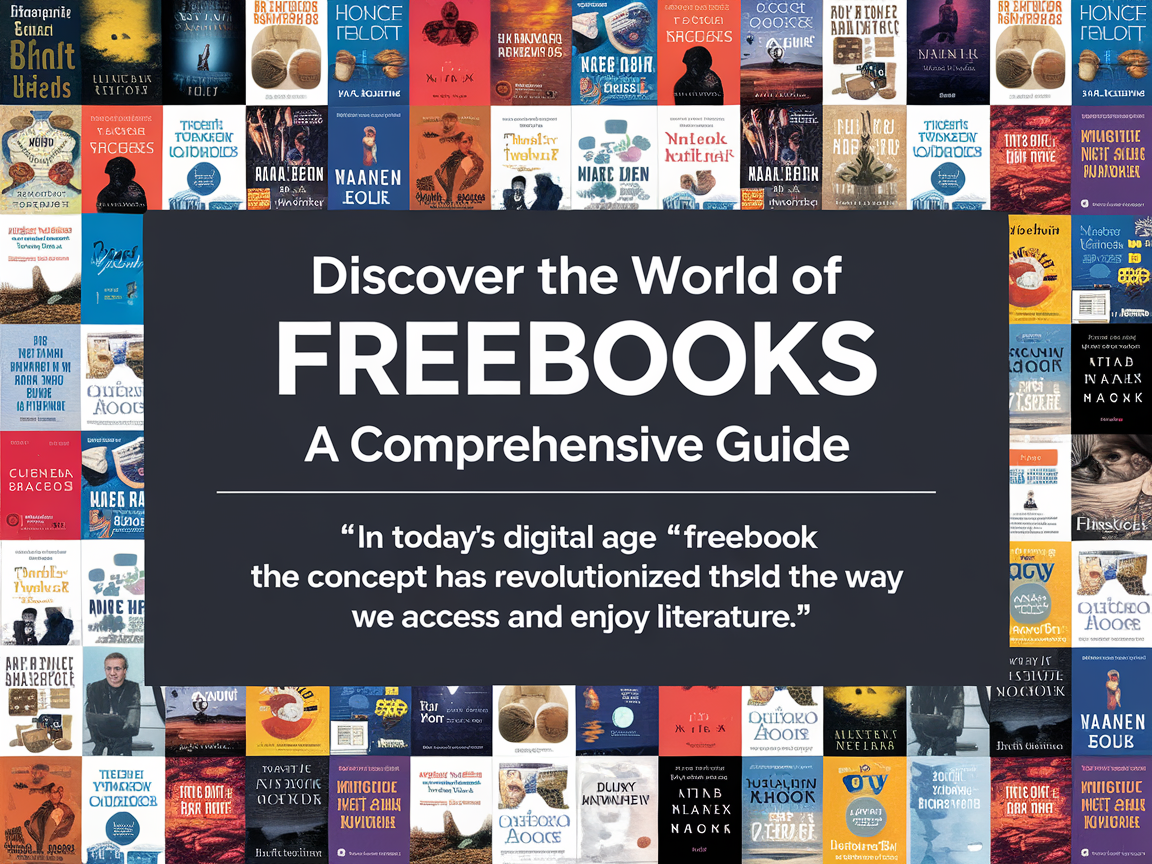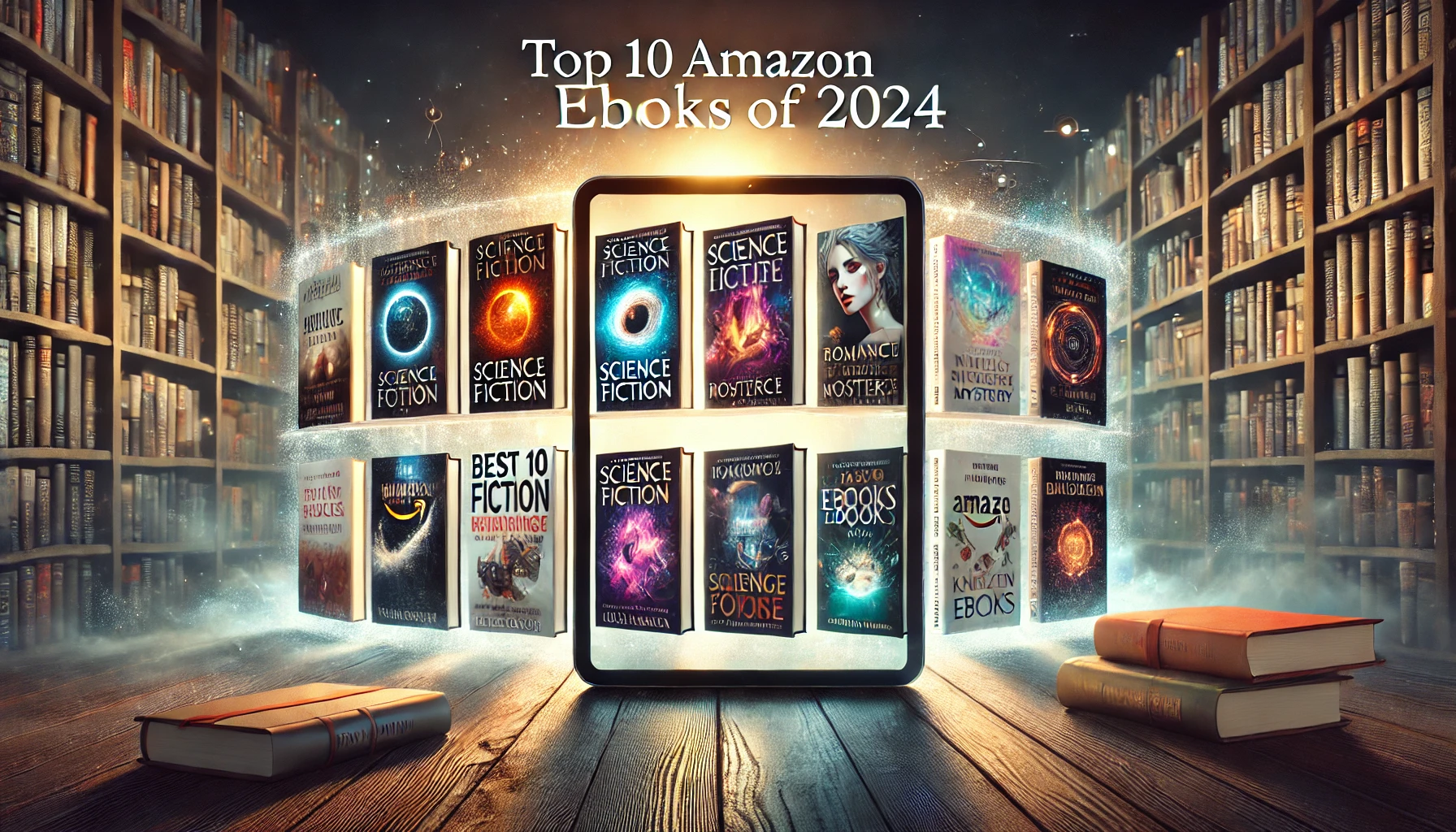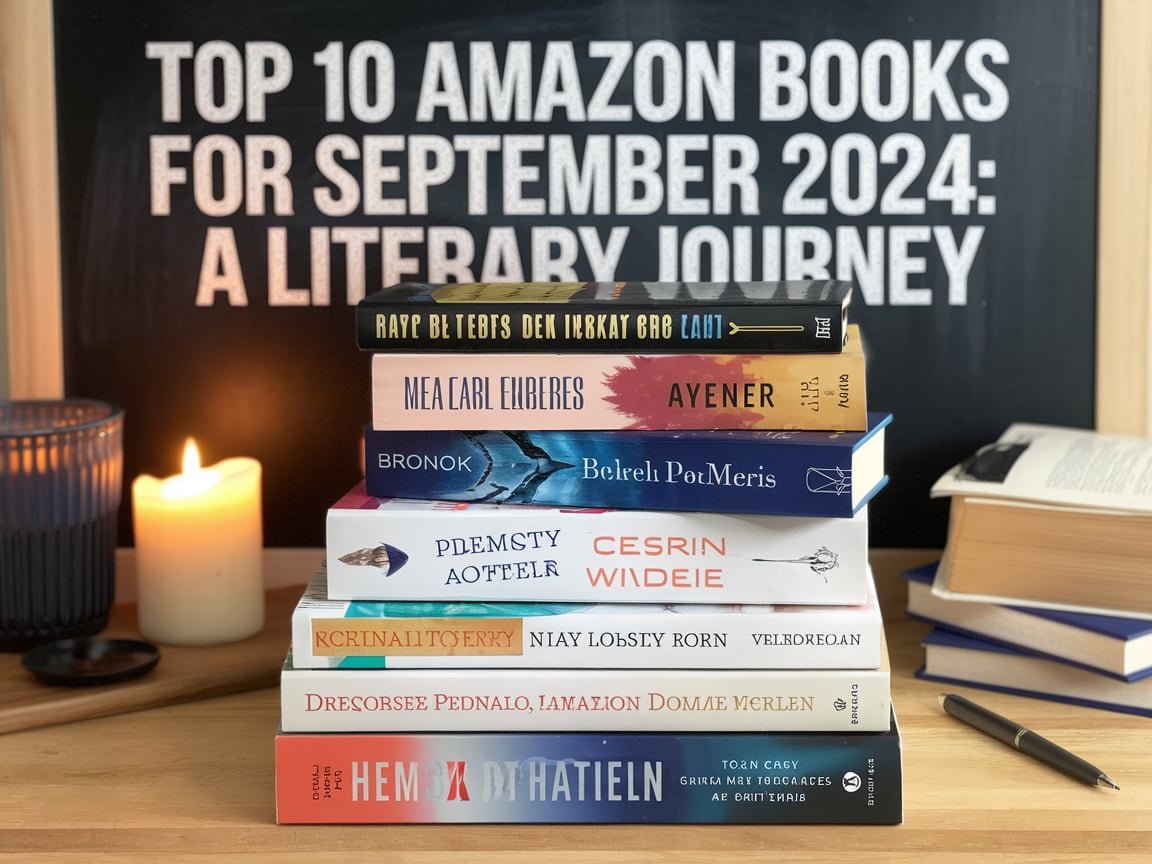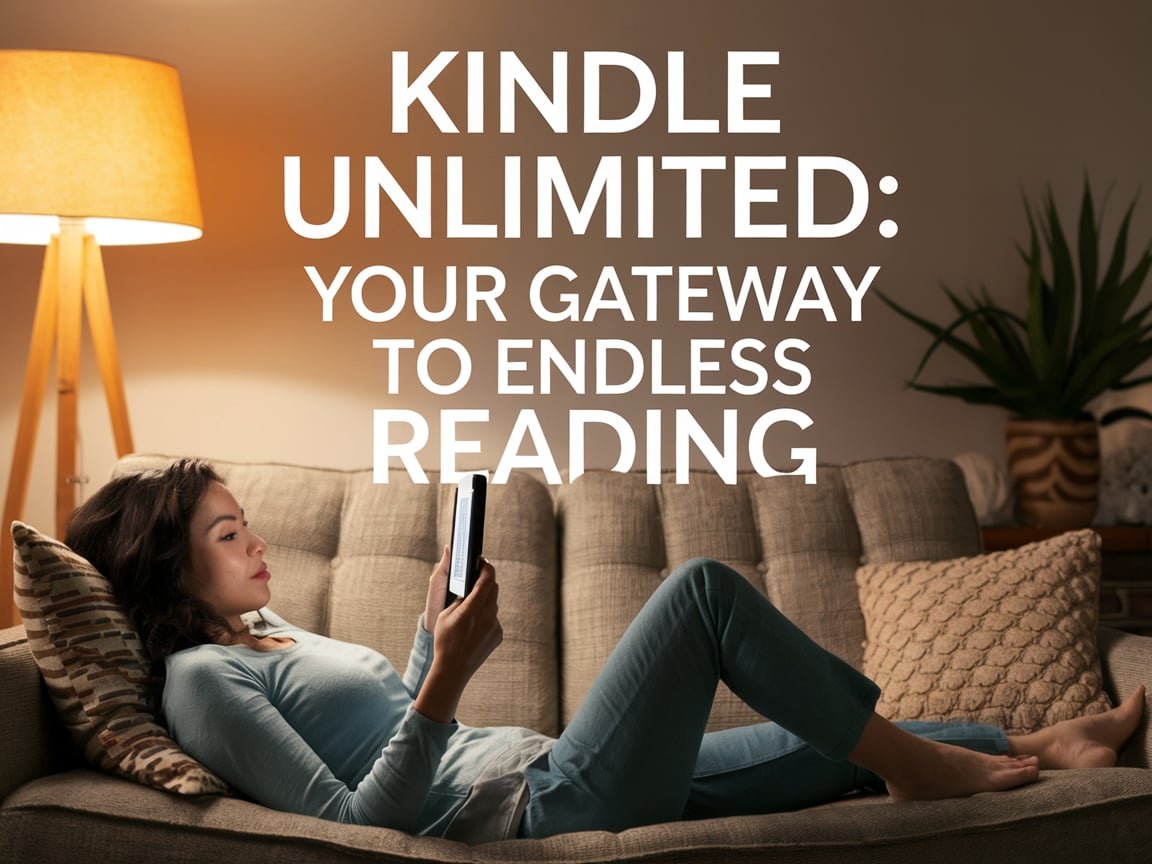In today’s digital age, the concept of “freebook” has revolutionized the way we access and enjoy literature. Whether you’re a voracious reader on a budget, a student looking for academic resources, or simply someone curious about exploring new genres without financial commitment, freebooks offer an exciting gateway to a vast world of knowledge and entertainment. In this comprehensive guide, we’ll explore everything you need to know about freebooks, from where to find them to how to make the most of this incredible resource.
What Exactly is a Freebook?
Before we dive deeper, let’s clarify what we mean by “freebook”. A freebook is essentially any book that is available to read or download at no cost to the reader. These can come in various digital formats such as PDF, EPUB, or MOBI, and sometimes even as audiobooks. Freebooks can be:
- Public domain works whose copyrights have expired
- Books intentionally released for free by authors or publishers
- Promotional offers by publishers or online bookstores
- User-generated content shared freely online
It’s important to note that “freebook” doesn’t necessarily mean “low quality”. Many classic literary works, cutting-edge research papers, and even some contemporary novels are available as freebooks.
The History of Freebooks
The concept of free access to books isn’t new. Public libraries have long been bastions of free knowledge. However, the digital revolution has exponentially expanded the accessibility and variety of free literature.
Project Gutenberg: The Pioneer
One of the earliest and most significant initiatives in the freebook movement was Project Gutenberg, founded by Michael Hart in 1971. Hart’s vision was to create a library of freely available electronic books, starting with the Declaration of Independence. Today, Project Gutenberg offers over 60,000 free ebooks, mostly works in the public domain.
The Open Access Movement
The late 20th and early 21st centuries saw the rise of the Open Access movement, particularly in academic and scientific publishing. This movement advocates for free, immediate, online availability of research articles, which has led to a wealth of freely available academic literature.
Self-Publishing and Free Promotions
With the advent of self-publishing platforms like Amazon’s Kindle Direct Publishing, many authors began offering their books for free as a promotional strategy. This has resulted in a constant stream of free contemporary literature across various genres.
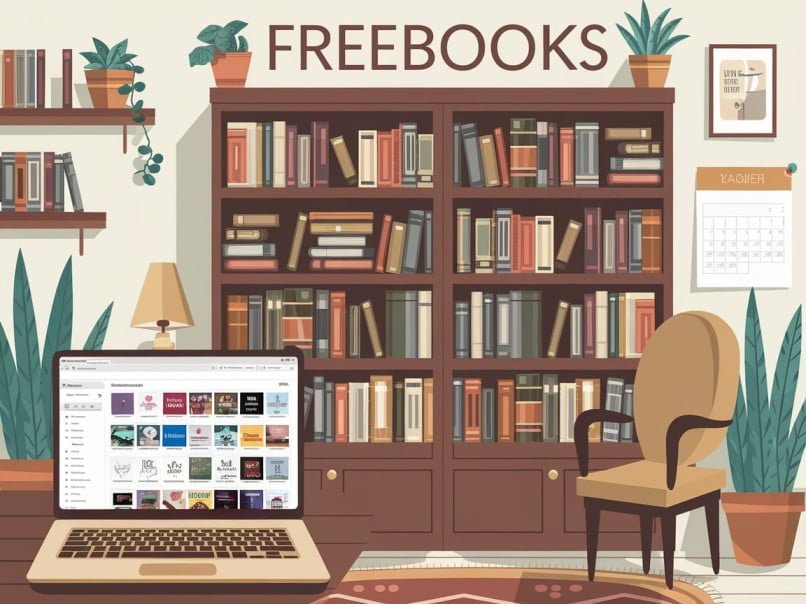
Where to Find Freebooks
Now that we understand what freebooks are and where they came from, let’s explore some of the best places to find them:
1. Project Gutenberg (www.gutenberg.org)
As mentioned earlier, Project Gutenberg is a treasure trove of classic literature. From Shakespeare to Jane Austen, you’ll find a wealth of timeless works here.
2. Internet Archive (archive.org)
The Internet Archive is a non-profit library of millions of free books, movies, software, music, and more. It’s particularly useful for finding older, out-of-print books.
3. Google Books (books.google.com)
While not all books on Google Books are free, many public domain works are available for free download. It’s also an excellent resource for previewing books before deciding to purchase them.
4. Amazon Kindle Store
Amazon regularly offers free ebooks, both classics and contemporary works. Many authors use Amazon’s free book promotions to gain visibility.
5. Open Library (openlibrary.org)
A project of the Internet Archive, Open Library aims to create “one web page for every book ever published.” Many of these books are available to borrow digitally for free.
6. ManyBooks (manybooks.net)
ManyBooks offers a wide selection of free ebooks in various formats, compatible with most e-readers.
7. FreeBookSpot (freebookspot.es)
This website links to free ebooks in over 90 categories, including scientific and academic texts.
8. LibriVox (librivox.org)
For audiobook enthusiasts, LibriVox offers free public-domain audiobooks read by volunteers from around the world.
The Benefits of Freebooks
The availability of freebooks has numerous advantages for readers, authors, and society at large:
For Readers:
- Cost Savings: Obviously, the primary benefit is the ability to read without financial constraints.
- Exploration: Readers can explore new genres or authors without risk.
- Access to Classics: Many important historical and literary works are available for free.
- Educational Resources: Students can access textbooks and academic papers without the often prohibitive costs.
For Authors:
- Exposure: New authors can gain readership by offering their work for free.
- Marketing Tool: Free books can serve as a “loss leader” to attract readers to an author’s paid work.
- Feedback: Authors can gather reader feedback and reviews to improve their craft.
For Society:
- Democratization of Knowledge: Freebooks help bridge the gap between those who can afford to buy books and those who can’t.
- Preservation of Culture: Digitization of books helps preserve literary and historical works for future generations.
- Promotion of Literacy: Easy access to free books can encourage reading and improve literacy rates.

The Legal Side of Freebooks
While the concept of freebooks is exciting, it’s crucial to understand the legal aspects to ensure you’re accessing content ethically and legally.
Copyright and Public Domain
Works in the public domain are those whose intellectual property rights have expired or been forfeited. In most countries, this happens 50 to 100 years after the author’s death. These works can be freely distributed and modified.
Creative Commons Licenses
Some authors choose to release their works under Creative Commons licenses, which allow for free distribution under certain conditions. It’s important to respect these conditions when using or sharing such works.
Piracy and Illegal Downloads
It’s crucial to distinguish between legitimate freebooks and pirated content. Downloading copyrighted material without permission is illegal and unethical. Stick to reputable sources to ensure you’re accessing freebooks legally.
How to Read Freebooks
Once you’ve found freebooks you’re interested in, you’ll need to know how to read them. Here are some popular methods:
E-Readers
Devices like Amazon Kindle, Kobo, or Nook are designed specifically for reading ebooks. They often have e-ink displays that are easy on the eyes for long reading sessions.
Smartphones and Tablets
Most smartphones and tablets can double as e-readers with the right apps. Popular options include the Kindle app, Apple Books, Google Play Books, and Aldiko.
Computers
For reading on your computer, you can use software like Calibre, Adobe Digital Editions, or even your web browser for some formats.
Print-on-Demand
Some services allow you to print public-domain books for a small fee if you prefer physical copies.
Making the Most of Freebooks
To truly benefit from the world of freebooks, consider these tips:
- Organize Your Library: Use software like Calibre to manage your ebook collection.
- Try Different Genres: Use the opportunity to explore genres you wouldn’t typically buy.
- Join Online Book Communities: Discuss freebooks with others on platforms like Goodreads or Reddit’s r/FreeEBOOKS.
- Support Authors: If you enjoy a free book, consider purchasing the author’s other works or leaving a positive review.
- Contribute: Consider volunteering for projects like LibriVox or Project Gutenberg to help make more books freely available.
The Future of Freebooks
As we look to the future, several trends are likely to shape the world of freebooks:
Increased Digital Access
As more of the world gains internet access, the reach of freebooks will continue to expand, potentially revolutionizing education in developing countries.
AI and Machine Learning
Artificial Intelligence could enhance the freebook experience through improved recommendations, translations, and even AI-generated content.
Interactive and Multimedia Books
Future freebooks might incorporate elements of games, videos, or augmented reality, creating more immersive reading experiences.
Blockchain and Micropayments
Blockchain technology could enable new models of book distribution, potentially allowing readers to access books for free while still compensating authors through micropayments.

Challenges in the Freebook Ecosystem
Despite the many benefits, the freebook movement faces several challenges:
Quality Control
With the ease of self-publishing, ensuring the quality of free content can be challenging. Readers often need to sift through lower-quality works to find gems.
Sustainability
While free content is great for readers, finding sustainable models to compensate authors and publishers remains a challenge.
Digital Divide
While freebooks have the potential to democratize knowledge, they’re only accessible to those with internet access and digital devices, potentially exacerbating existing inequalities.
Format Compatibility
With various ebook formats and reading devices available, ensuring broad compatibility can be a challenge.
Conclusion: Embracing the Freebook Revolution
The world of freebooks offers an exciting opportunity to expand our horizons, learn new things, and enjoy literature without financial barriers. From classic works of Shakespeare to cutting-edge scientific papers, from amateur poetry to promotional novels from bestselling authors, freebooks open up a vast world of words to explore.
As readers, we have the opportunity to dive into this ocean of free literature, discovering new favorites and revisiting old classics. As members of a global community, we can appreciate how freebooks are democratizing knowledge and promoting literacy worldwide.
However, it’s crucial to approach freebooks responsibly. This means respecting copyright laws, supporting authors when we can, and contributing to the ecosystem if we’re able. By doing so, we ensure that the world of freebooks continues to thrive and grow.
So why wait? Start your freebook journey today. Visit some of the websites we’ve mentioned, download a few books that pique your interest, and dive in. You never know what new worlds, ideas, or perspectives you might discover – all without spending a dime. Happy reading!
Have you had any exciting experiences with freebooks? What’s your favorite source for free literature? Share your thoughts and recommendations in the comments below!

